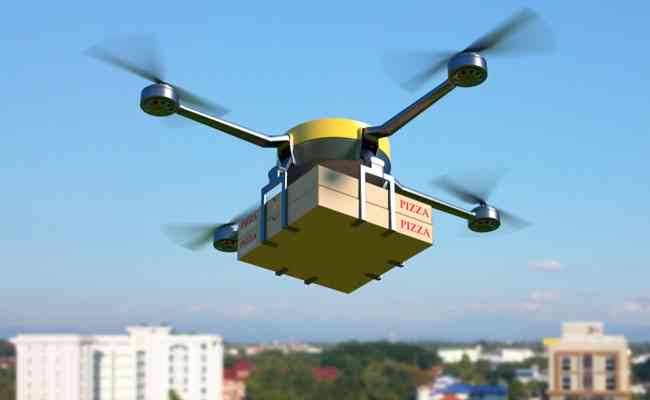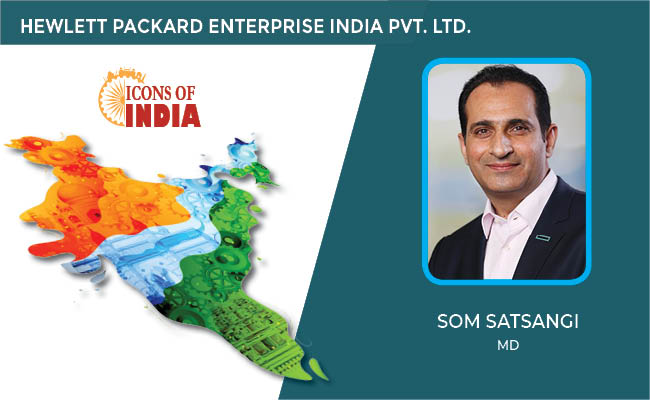Company making Drone to see a tough time ahead
By MYBRANDBOOK

New commercial implementation of drone are flooded into the market in a big time, visions of drone for unmanned aircraft being used for everything from delivering packages to fertilizing farmland. Many corporates have invested on Unmanned aircraft , which are still seen as a pillar of the future. But the fact is nothing is happening with various challenges can be forecasted with the Drone.
Fast-evolving technology has been both a curse and boon to entrepreneurs. While it’s broadening the business possibilities as drones are designed to do more than just take video, other ventures and jobs are already being made obsolete by improving navigation and flight software. Meanwhile, companies, such as Intel Corp. and AT&T Inc. have begun their own drone operations, cutting out the middleman.
Some of the biggest startups began closing their doors last year after burning through hundreds of millions in venture capital poured into this industry that, despite forecasts for explosive growth, the reality is not happening.
A report says, once well-funded startups are struggling as hordes of self-employed pilots drive down prices, Chinese technology races ahead and non-drone companies across industry pull their unmanned aerial operations in-house. Federal regulation of the aircraft has been slow to catch up, and is holding back many businesses from expanding.
French manufacturer Parrot SA announced in July that it would halt production of most of its drone lines. Airware Inc. raised $118 million from investors before shutting its doors and laying off 140 employees in late 2018. GoPro Inc.exited the drone business and laid off hundreds last year, citing an “extremely competitive” market. But while some startups are testing investor patience, others are seeing an opportunity for growth.
At least 67 drone startups have been sold since their inception, according to Crunchbase, which collects data on private companies. Buyers range from rival drone operators to companies in other industries, such as Verizon Communications Inc.
Venture capitalists poured $2.6 billion into drones from the beginning of 2012 to June 2019, according to Teal Group, an industry researcher. The rapture began to evaporate last year as startups founded during ‘peak hype’ in the commercial drone industry ran out of money before they could generate profit and couldn’t secure additional funding, said Wackwitz.
At least 25 drone startups have shut their doors this decade, with the largest burning through a total of $183 million in funding, according to Crunchbase’s online reports. As per the Dan Burton, CEO of Dronebase , a drone pilot network that’s held on through the turmoil. Another drone venture with backing from Kleiner Perkins and Google’s GV shut down last year.
Helen Greiner, known for developing the Roomba robot vacuum cleaner, founded CyPhy in 2008 to develop a drone tethered to a grounded power source that could fly for days at a time for observation and communication. But investors pressured her to begin commercial sales before she was ready, she said in an interview. She stepped down as CEO, then left the company in late 2018 to take a job advising the U.S. Army on drones.
As the industry begins to sift out the most lucrative business plans, survival tactics include shifting the focus of the company, including its targeted customers. Lastly, Investor money is still flowing into commercial drone companies, but it’s increasingly going to a handful of winners in the industry.


Legal Battle Over IT Act Intensifies Amid Musk’s India Plans
The outcome of the legal dispute between X Corp and the Indian government c...

Wipro inks 10-year deal with Phoenix Group's ReAssure UK worth
The agreement, executed through Wipro and its 100% subsidiary,...

Centre announces that DPDP Rules nearing Finalisation by April
The government seeks to refine the rules for robust data protection, ensuri...

Home Ministry cracks down on PoS agents in digital arrest scam
Digital arrest scams are a growing cybercrime where victims are coerced or ...


Icons Of India : GAUTAM ADANI CHAIRMAN ADANI GROUP
Gautam Adani is the Founder and Chairman of the Adani Group, which ran...

ICONS OF INDIA : SOM SATSANGI
With more than three decades in the IT Sector, Som is responsible for ...

ICONS OF INDIA : ROSHNI NADAR MALHOTRA
Roshni Nadar Malhotra is the Chairperson of HCLTech, a leading global ...


IFFCO - Indian Farmers Fertiliser Cooperative
IFFCO operates as a cooperative society owned and controlled by its fa...

CERT-IN - Indian Computer Emergency Response Team
CERT-In is a national nodal agency for responding to computer security...

IREDA - Indian Renewable Energy Development Agency Limited
IREDA is a specialized financial institution in India that facilitates...


Indian Tech Talent Excelling The Tech World - Anirudh Devgan , President, Cadence Design
Anirudh Devgan, the Global President and CEO of Cadence Design Systems...

Indian Tech Talent Excelling The Tech World - ARVIND KRISHNA, CEO – IBM
Arvind Krishna, an Indian-American business executive, serves as the C...

Indian Tech Talent Excelling The Tech World - Aman Bhutani, CEO, GoDaddy
Aman Bhutani, the self-taught techie and CEO of GoDaddy, oversees a co...
 of images belongs to the respective copyright holders
of images belongs to the respective copyright holders